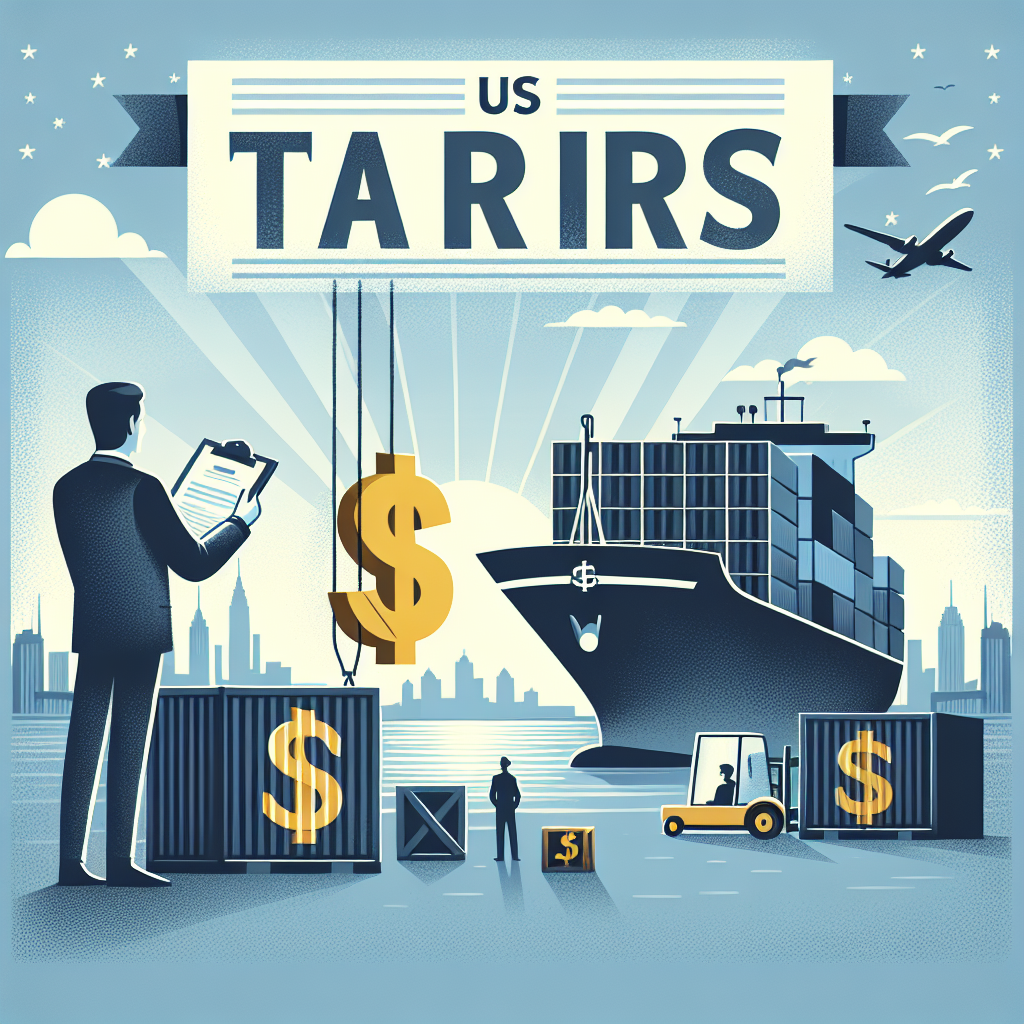Trade Turbulence: Fed Considers Impact of Tariff Anxiety
Chicago Fed President Austan Goolsbee highlights business concerns over Trump's tariffs, emphasizing the need for data-driven policy responses. The tariffs could trigger consumer and business spending shifts, potentially requiring Federal Reserve actions. The precise response depends on economic trends, such as inflation and growth metrics.

The President of the Chicago Federal Reserve Bank, Austan Goolsbee, expressed concerns regarding the anxiety businesses feel towards the tariffs imposed by U.S. President Donald Trump. These tariffs have raised alarm, bringing the central bank to focus on 'hard data' to guide their policy responses.
In a conversation with CNN, Goolsbee remarked on the potentially colossal impact of the tariffs. If accompanied by massive retaliation and counter-retaliation, these taxes might regress economic conditions to the turbulent inflation witnessed in '21 and '22. Despite the uncertainty surrounding the outcomes, he remains hopeful that negotiations could foster new trade agreements, as hinted by U.S. Treasury Secretary Scott Bessent.
The financial markets have reacted negatively since Trump's tariff announcement, provoking reciprocal measures from China and the European Union. This escalation may sway consumer and business spending patterns, compelling a Federal Reserve response. Goolsbee stressed that the Fed's actions would hinge on economic growth and pricing trends, especially if stagflationary conditions emerge.
(With inputs from agencies.)










